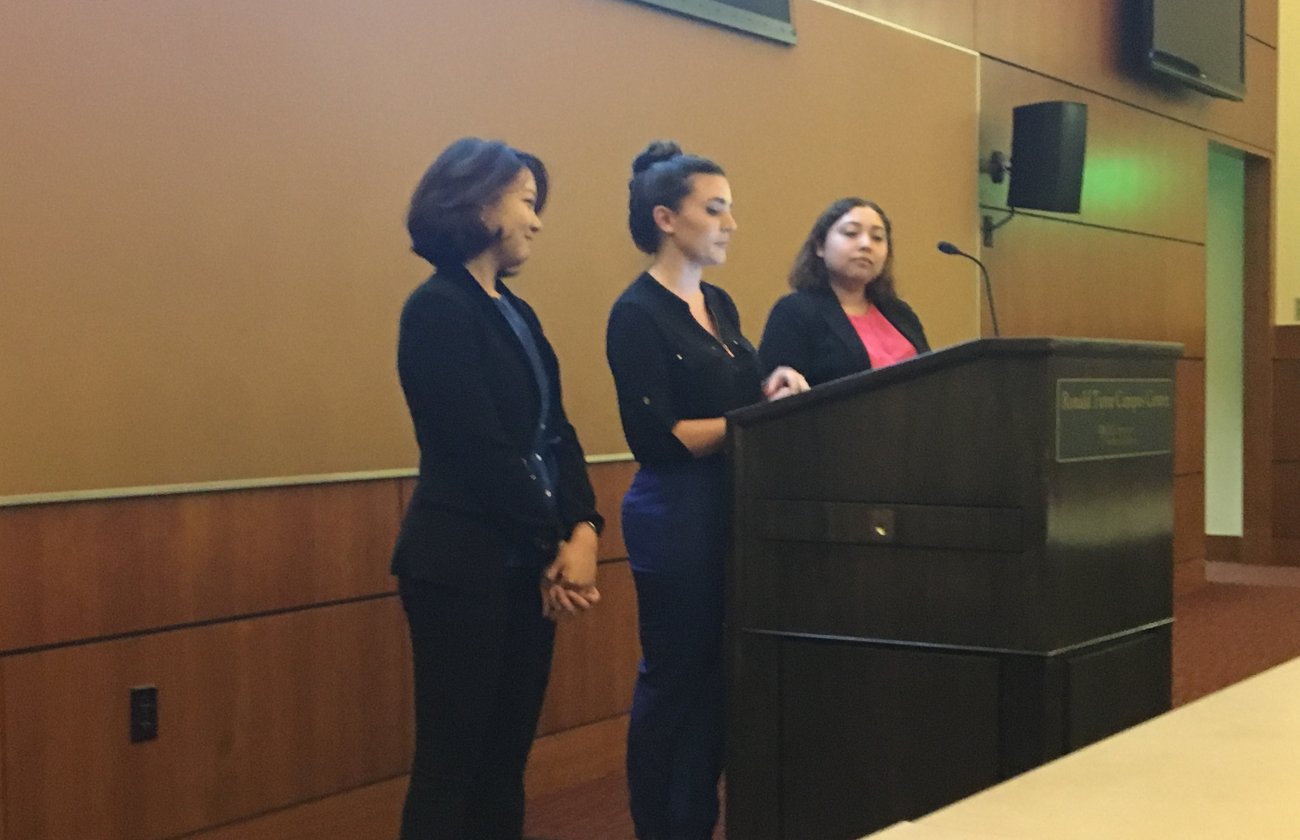By Alex Reed
Since the spring of 2012, the memory of late Latino journalist Ruben Salazar has been well-preserved through an online document archive produced by USC Annenberg students.
This past July, the Ruben Salazar Project, completed by the students of USC Annenberg Professor Felix Gutierrez’s direct research class, received two awards from the Association for Education in Journalism and Mass Communication’s Best of the Web Competition.
Judged on criteria including use of content and interactivity in storytelling, the project placed second in the Technological Innovation for an Individual/Class category and third in the Best Design for an Individual/Class category in AEJMC’s Visual Communications and Communication Technology Divisions. Every entry was also expected to be an advancement in journalism and mass communcation education.
The winners of the competition were awarded, as well as asked to give a brief presentation of their work, at AEJMC’s annual conference in Washington D.C. on Aug. 8. The conference featured panels and sessions on the “latest research, teaching methods and public service in the various components of journalism and mass communication.”
The idea for the project and its student involvement came to Professor Gutierrez shortly after the Salazar documents were donated to the USC Libraries by Salazar’s family. Gutierrez also enlisted the help of USC Libraries and USC Annenberg Professor Robert Hernandez, though it was primarily a product of the students’ hard work.
The students did everything from sorting the documents, to conducting further research and writing stories, to designing and producing the webpage.
“While Felix and I were guides, this was a completely student-produced project,” said Hernandez. “It's great that they are recognized for their efforts.”
In addition to recognizing the work of everyone involved, Hernandez added that the awards are a testament to USC Annenberg’s continued emphasis on using digital means of communication to convey information.
“At Annenberg, we are empowering our students to find new, digital ways to tell stories of all kinds,” said Hernandez.
Though the project started with a single class in the spring 2012 semester, students in Gutierrez’s more recent classes have been adding to the webpage as class work.
Both Professor Hernandez and Gutierrez were proud of the project’s acknowledgment as it also meant recognition for a historically important figure in the field of journalism. The project, and consequently its recognition, will continue to grow because of the vast collection of available documents. .
“There is a lot of stuff in the archive and more stories to be told on behalf of an influential and legendary Latino journalist,” said Hernandez.
Related:









